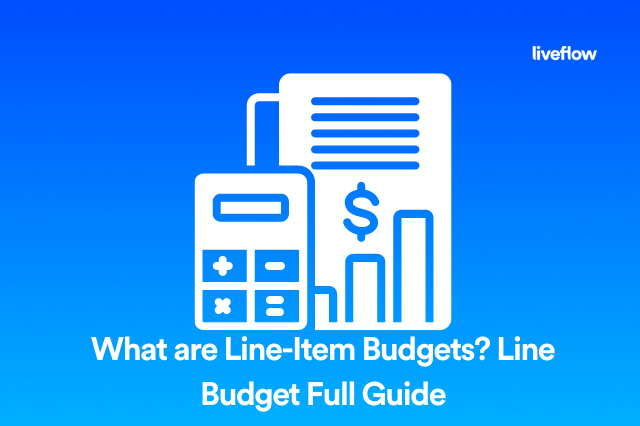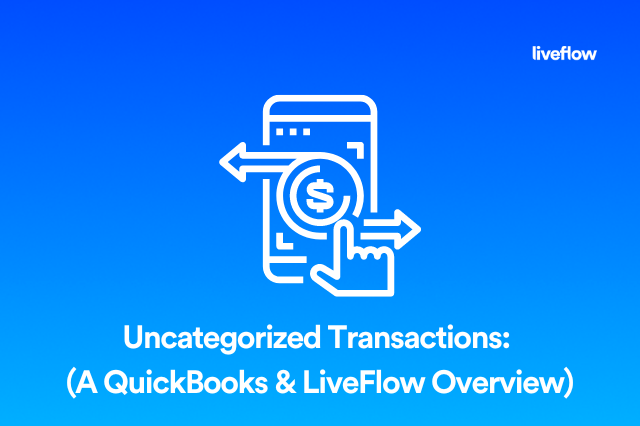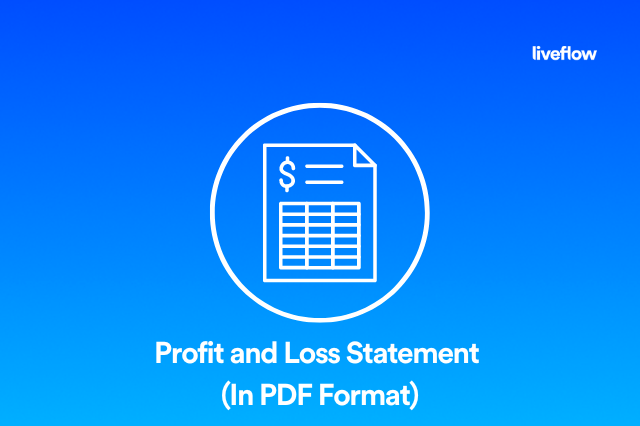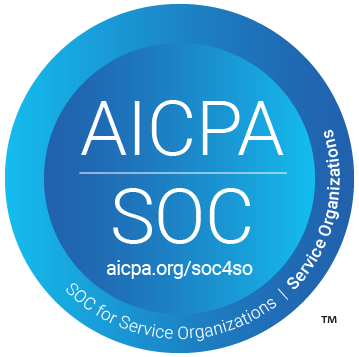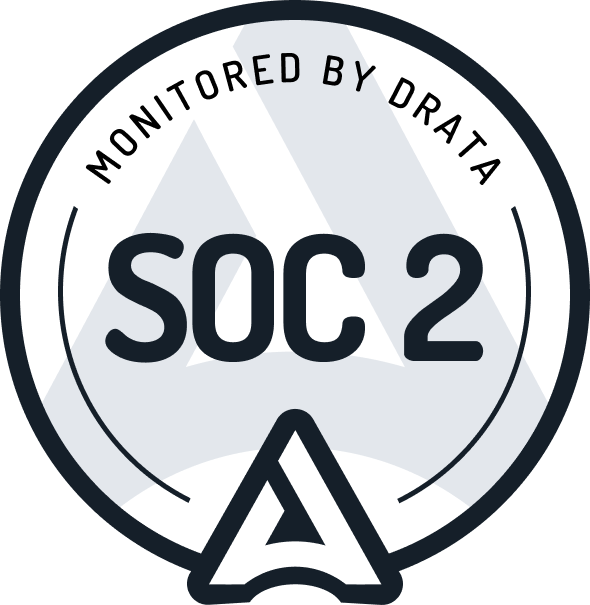As the tax season approaches, it's time to start gathering all the necessary documents, including the IRS 1099 form. This important form must be completed and submitted to the IRS, so it's crucial to stay organized and on top of things to avoid any last-minute stress or delays.
In this article, we will explain what an IRS 1099 form is and the different types that exist, as well as how to report 1099 income on your tax return and what to do if you lose or do not receive a 1099 form. By understanding the role of the 1099 form in the tax process, you can ensure that you are accurately reporting all of your income and avoid any potential penalties or fines.
However, before we go into what the 1RS 1099 form is, here are some tips for dealing with tax forms:
- Start early: Don't wait until the last minute to start working on your tax return. Start gathering the necessary forms and documents as soon as you can, so you have plenty of time to complete the process.
- Keep good records: It is important to keep good records of your income and expenses throughout the year. This will make it easier to complete your tax return and ensure that you are accurately reporting all of your income and deductions.
- Use the correct form: Make sure you are using the correct tax form for your situation. There are different forms for individuals, businesses, and other types of taxpayers, so be sure to use the one that applies to you.
- Double check your work: Carefully review your tax return before you submit it to make sure that all of the information is accurate and complete. A small mistake could result in a delay in processing your return or even an audit.
- Seek help if needed: If you are unsure about how to complete a tax form or have questions about your tax situation, consider seeking the help of a tax professional. They can help you navigate the tax system and ensure that you are complying with all of the rules and regulations.
What Is An IRS 1099 Form?
An IRS 1099 form is a tax form used to report income that is not salary or wages, such as rent, dividends, or freelance work. There are several different types of 1099 forms, each designed for a specific type of income. For example, a 1099-INT is used to report interest income, while a 1099-MISC is used to report miscellaneous income, such as freelance work or rent.
If you receive a 1099 form, it means that you received income from a source other than an employer during the tax year. You will need to report this income on your tax return, and you may be required to pay taxes on it. It is important to keep track of all 1099 forms that you receive, as failure to report all of your income could result in penalties or fines.
It is also worth noting that if you are an independent contractor or self-employed, you may receive a 1099-MISC form instead of a W-2 form. A W-2 form is typically used to report wages and salary income, while a 1099-MISC is used to report income from self-employment or other sources. If you receive a 1099-MISC form, you will need to report this income on your tax return and pay self-employment taxes in addition to regular income taxes.
What Is An IRS 1099 Form Used For?
A Form 1099 is a tax form used to report certain types of income other than wages, salaries, and tips that are reported on Form W-2. Form 1099 is used to report income from self-employment, rent, dividends, interest, and other types of income.
There are several different types of Form 1099, each used to report a specific type of income. For example:
- Form 1099-INT is used to report interest income.
- Form 1099-DIV is used to report dividends and capital gains distributions.
- Form 1099-MISC is used to report miscellaneous income, such as rent or self-employment income.
Form 1099 is issued by the payer of the income to the recipient, and a copy is also sent to the Internal Revenue Service (IRS). The recipient is required to report this income on their tax return. It is important to accurately report all income, including income reported on Form 1099, on your tax return to ensure that you pay the correct amount of tax.
What Is An IRS Non-1099 Form?
An IRS non-1099 form is a tax form that is used to report income that is not subject to the information reporting requirements of IRS Form 1099. Non-1099 forms are used to report other types of income that are not required to be reported on Form 1099, such as capital gains, self-employment income, and rental income.
There are several different types of non-1099 forms that may be used to report different types of income, depending on the specific circumstances of the individual or business. Some examples of non-1099 forms include:
- Form 1040: This is the main individual income tax return form that is used to report all types of income, including both 1099 and non-1099 income.
- Form 1065: This is a tax return form that is used by partnerships to report their income and expenses.
- Form 1120: This is a tax return form that is used by corporations to report their income and expenses.
- Form 1040-ES: This is a form that is used to estimate and pay taxes on self-employment income, rental income, and other types of non-1099 income.
It is important to note that all income, whether it is reported on a 1099 form or a non-1099 form, is subject to tax and must be reported on a tax return. If you receive income that is not subject to the information reporting requirements of Form 1099, you should still report it on your tax return to ensure that you are paying the correct amount of tax. If you have any questions about the tax treatment of non-1099 income, you should consult with a tax professional or the IRS.
What Is The Legal Effect On An IRS 1099-A Form?
IRS Form 1099-A is a tax form that is used to report the acquisition or abandonment of secured property. This form is typically used when a lender forecloses on a property that was used as collateral for a loan, or when a borrower abandons a property that was used as collateral for a loan.
The legal effect of Form 1099-A depends on the specific circumstances of the individual or business receiving the form. In general, the form serves as a notification to the borrower that the lender has taken possession of the collateral property and that the loan has been deemed to be in default. The form may also be used to report the cancellation of debt, if the borrower has had some or all of the debt forgiven by the lender.
If you receive Form 1099-A, it is important to carefully review the information on the form and consult with a tax professional or the IRS if you have any questions. Depending on the specific circumstances of the acquisition or abandonment of the secured property, you may have tax implications that you need to consider when preparing your tax return.
In some cases, you may be able to claim a deduction for the cancellation of debt, or you may need to report the sale of the property as a capital gain or loss. It is important to understand the tax consequences of Form 1099-A and to accurately report any related income or losses on your tax return.
What Is IRS Form 1099-SA Distributions From An HSA/Archer MSA?
IRS Form 1099-SA is a tax form that is used to report distributions from a Health Savings Account (HSA) or Archer Medical Savings Account (Archer MSA). HSAs and Archer MSAs are tax-advantaged accounts that can be used to pay for qualified medical expenses. Contributions to these accounts are tax-deductible, and distributions from the accounts are tax-free if they are used to pay for qualified medical expenses.
If you receive Form 1099-SA, it means that you received a distribution from your HSA or Archer MSA during the tax year. The form will show the amount of the distribution, as well as any amounts that were withheld for taxes. If you received a distribution from your HSA or Archer MSA, you will need to report the distribution on your tax return and pay taxes on any amounts that were not used for qualified medical expenses.
It is important to keep accurate records of your HSA or Archer MSA distributions and to retain Form 1099-SA for your tax records. If you have any questions about how to report HSA or Archer MSA distributions on your tax return, you should consult with a tax professional or the IRS.
Recommendation
Are you a taxpayer or tax professional looking for an easy way to access IRS Form 1099? Look no further! LiveFlow now offers the ability to:
- Automatically calculate the right 1099 amounts without manual work
- Easily track and report on 1099 payments made during 2022
- Stay organized so you don't have to start off 2023 with 1099 stress
Don't let the hassle of filing Form 1099 hold you back from accurately reporting your income on your tax return. Use LiveFlow for your Form 1099 and take the first step towards a successful tax season.
Not sure how to go about this? Schedule a demo with us for more.



